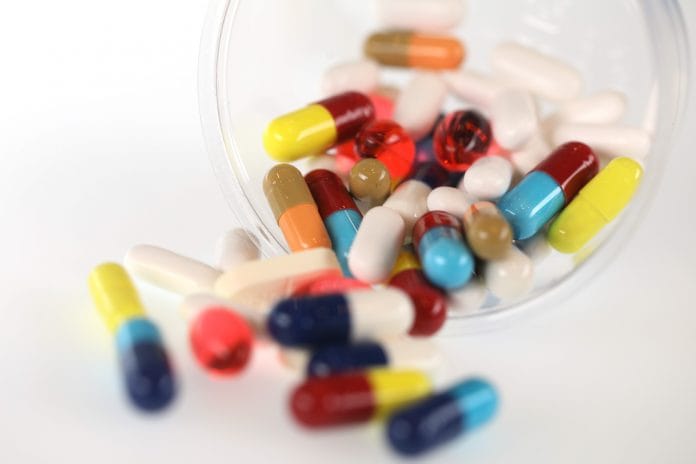New Delhi: Widely-sold antacids (anti-acidity pills) such as Ocid, Pantop and Lanzol will now have to carry a side-effect warning of possible ‘acute kidney injury’ in their packages.
The government has asked all state drug regulators to inform companies manufacturing proton pump inhibitors (PPI) — a group of medications whose main action is a pronounced and long-lasting reduction of stomach acid production — to mandatorily add the warning as part of their leaflets or packaging inserts.
PPI category of drugs include tablets and syrups consisting of Pantoprazole, Omeprazole, Lansoprazole, Esomeprazole and their combinations. These are among the most commonly-used drugs with a market over Rs 4,000 crore in India.
The warning does not apply to category of antacids which are not PPIs such as Gelusil and Digene.
Also read: Cheap medicine scheme with saffron ‘BJP branding’ a bigger success in non-BJP states
‘Inform all PPI manufacturers to carry warning’
Dr V.G. Somani, Drug Controller General of India (DCGI), had written a letter to all state drug regulators on 4 November stating the national co-ordination centre for pharmacovigilance programme of India had forwarded its recommendation based on ADR (adverse drug reaction) reports about certain medical products, including PPIs.
The recommendation was deliberated by a subject experts committee (SEC) which then suggested that the Central Drugs Standard Control Organisation (CDSCO) should direct all state drug regulators to inform PPI manufacturers about the warning.
“The recommendation has been considered by this office. Accordingly, you are requested to direct the manufacturers of the formulations of PPI under your jurisdiction to mention acute kidney injury as an ADR .. action taken in this regard may be intimated to this office,” the letter further read.
How PPI drugs can cause kidney damage
A study published by the US-based National Institute of Health had demonstrated how use of PPIs was independently associated with a “20–50 per cent higher risk of incident chronic kidney disease”.
The study describes how PPI medicines end up injuring kidneys, reducing the organs’ capacity to filter blood effectively.
Several other studies have similarly established the probability of developing increased chances of heart attack, deficiency of vitamin B12 and chances of bone fractures in those who frequently take PPIs.
(This report has been updated to remove reference to Aciloc, which does not belong to the PPI category of drugs)
Also read: 3 out of 10 lung cancer patients in India are non-smokers, doctors blame pollution






